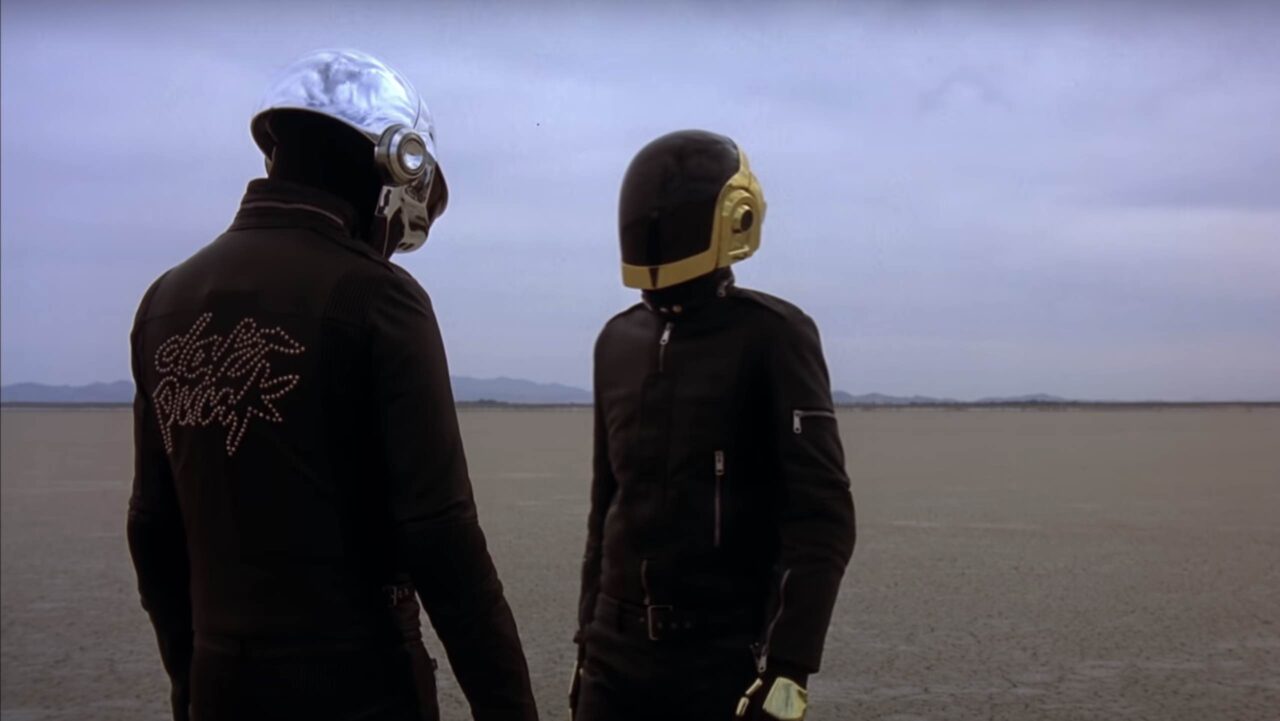More than two years after the dissolution of the Daft Punk, Thomas Bangalter returned to talk about the painful decision to end the project, citing artificial intelligence (AI) as one of the determining factors.
Interviewed by the BBC, Bangalter recalled how the project was born between the end of the 80s and the beginning of the 90s, from the artistic partnership with Man Christ e Guy Manuel.
“It was a project that blurred the line between fact and fiction, with these robot characters,” Bangalter explained. “It was an exploration. We started from the cars and then walked away from them. I love technology as a tool but I’m somehow terrified of the relationship between man and machine”.
During the interview the former Daft Punk also mentioned HAL 9000the computer from 2001 A Space Odyssey by Stanley Kubrick. An artificial intelligence that, in the film, takes over humans in a decidedly disturbing way.
“It’s one of my all-time favorite films, also because Kubrick raised questions that are so important today,” Bangalter said, expressing concern about how “the use of artificial intelligence goes beyond its application in music creation.”
Daft Punk, technology, AI and planned breakup
Try Amazon Music with 3 months of free use
From a musical point of view, Daft Punk have always lived in symbiosis with technology, both in composition and in storytelling. Songs like Robot Rock, for example, are the manifesto of an artistic expression dedicated to the use of the machine. It is also true however that in 2005 the project released an album called Human After All, as if to reiterate that under those helmets there are still human beings.
“We tried to use technology to express something extremely moving that a machine can’t hear, but a human being can,” continued the musician. “However we have always been on the side of humanity and not on the side of technology.”
In closing Bangalter spoke of the dissolution of the project, announced with a moving video called Epilogue, in which the two helmets say goodbye before activating a self-destruct sequence. It was 2021, and it had been 8 years since the last album (Random Access Memories came out in 2012).
Bangalter explained that the decision was also dictated by contemporary technological applications. A world dotted with robots that make music, when in 1990 there were only two robots that made music, they were French and wore the iconic helmets.
“As much as I love this character, the last thing I want to be in the world we live in, in 2023, is a robot.”















Leave a Reply
View Comments